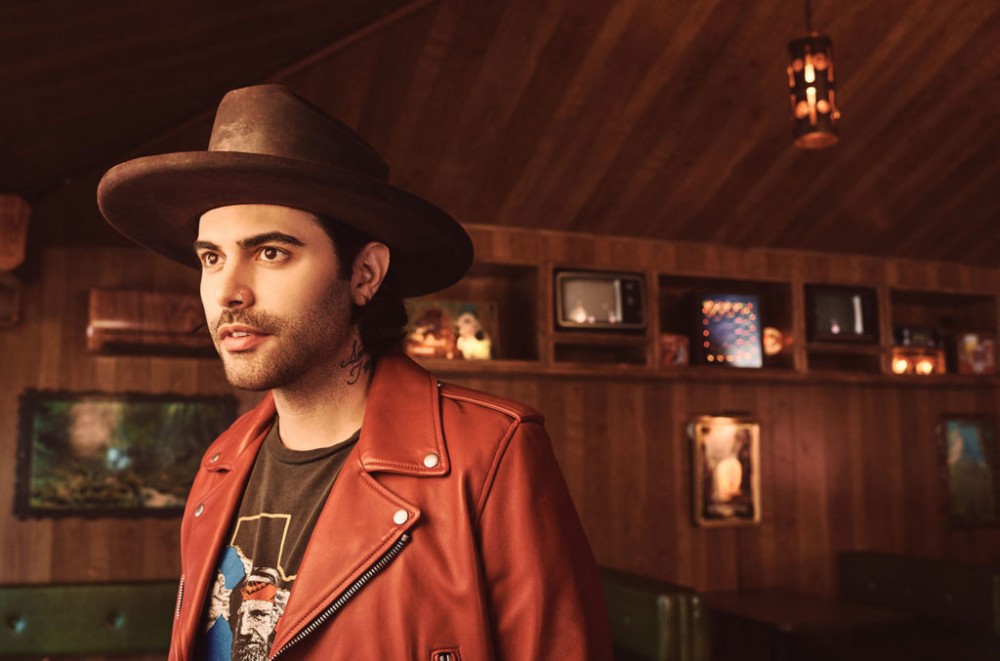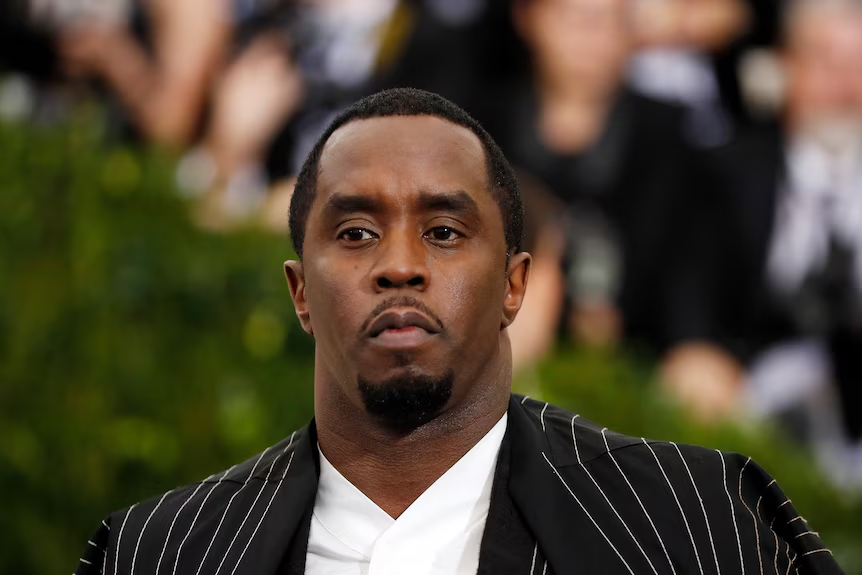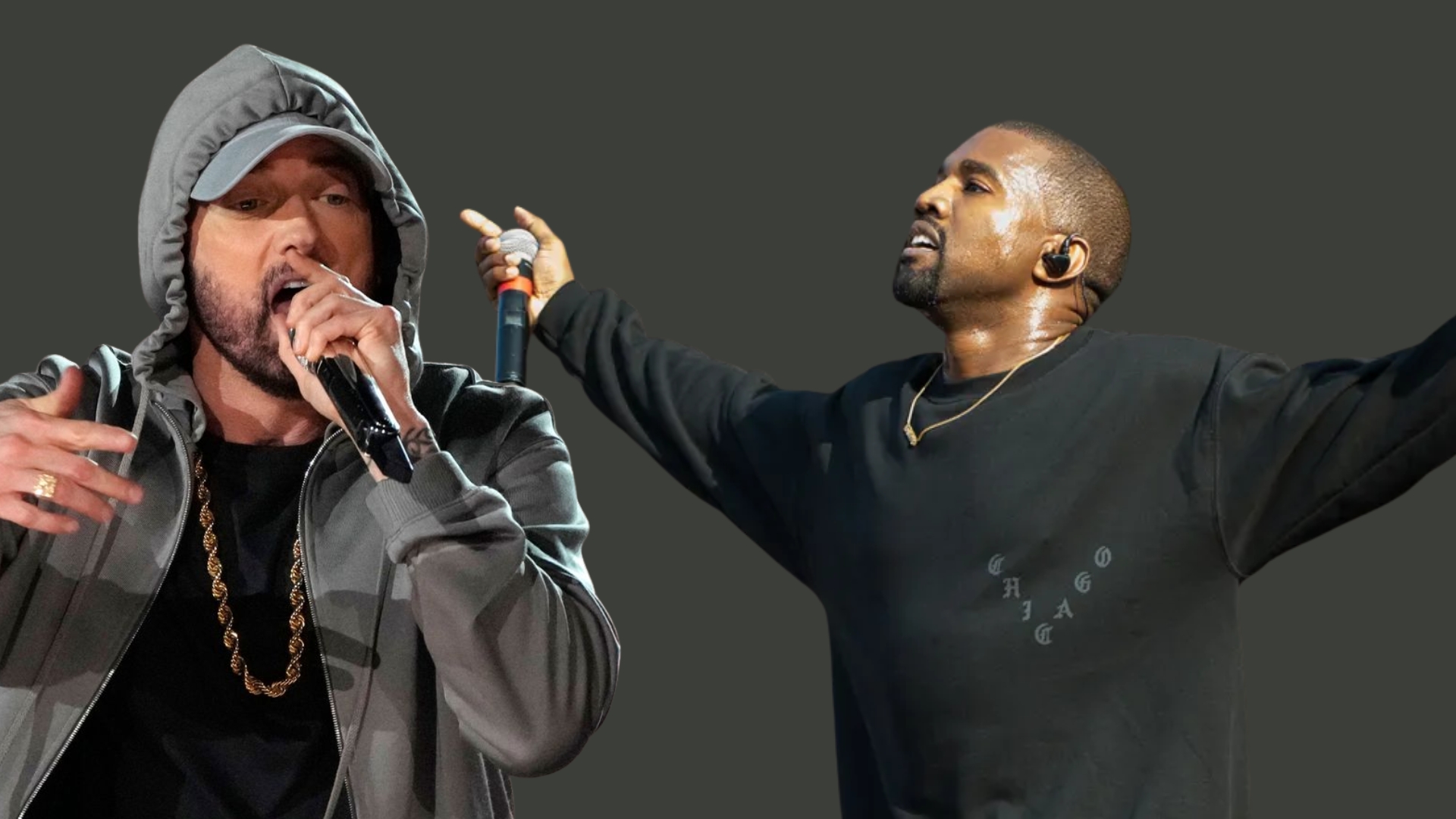The bone-rattling synth bass tones and the ricky-ticky sound of programmed snare in Niko Moon’s debut single, “Good Time,” are sure to rouse the ire of country traditionalists. And Moon knows it. But the prospect of a pushback doesn’t faze him.
In fact, it draws a laugh. He points to a 1944 Grand Ole Opry incident when Bob Wills & His Texas Playboys moved drummer Monte Mountjoy’s kit from behind the curtain to the front of the stage just before the band’s set, a moment that defied a ban the Opry had applied to percussion.
That event is, of course, now antiquated. Thus, listeners who bristle at Moon’s progressive sound are, in his view, simply fighting the inevitable.
“The instrumentation always has evolved and changed, and the tones and the sounds and all that stuff always has changed,” he suggests. “What always has stayed the same is the story. Country music always has talked about a small-town life, small-town values. That’s why it’s called country.”
Small-town life itself has evolved: access to modern media has brought more cross-pollination of urban and country cultures, affecting fashion and slang, too. Moon knows that firsthand as well. He grew up in Douglasville, Ga., a town of about 30,000 near the Chattahoochee River, as well as a scant 20 miles to the club scene in downtown Atlanta. Moon purposely incorporates the push and pull between his exurban hometown and the metropolitan night life he experienced in the “Good Time” production, with the booming bass rolling underneath twangy Dobro.
“I like to think of the bass and drums as Atlanta and everything else as Douglasville,” explains Moon. “Even the melodies and everything vocally, too, it’s Douglasville, you know. But the bass and drums were the things that I gravitated toward growing up, listening to music in my little truck, trying to make my speakers bang.”
“Good Time” experienced its own evolution, starting in early 2018 when Moon (who, as a co-author of several Zac Brown Band hits, was acting strictly as a songwriter at the time) and Jordan Minton (“You Got ’Em All”) brought their guitars to the home studio of producer-songwriter-guitarist Mark Trussell (Blake Shelton, Lady Antebellum).
“I love making really positive music,” says Moon. “The twist on it was we all found out that we love to fish, and we kind of had this little metaphor about trying to catch a good time.”
Trussell started a simple chord pattern, and they broke into an ascendant melody that became a primary hook for the song. Hip-hop was not in the mix at that writing session, though a soul tinge certainly was.
“Niko’s from Atlanta — he probably grew up on a lot of Atlanta rap,” says Trussell. “I’m from Memphis. I grew up on a lot of urban music. And so we were both writing through that lens.”
The song was built on just three chords, while the storyline — set around a rural campfire — incorporated ultra-country elements, including a reference to the Alabama classic “Dixieland Delight” and apple pie moonshine, a sugary version of a biting liquor that’s as potent as a Long Island iced tea.
“It literally tastes like you’re taking a bite of apple pie, but it’s still the same proof alcohol,” says Trussell. “It’s dangerous stuff. You will unknowingly be way overserved if you’re not careful.”
Minton sang lead on the demo, and they pitched it around town without gaining traction. “I was really bummed about it because I knew that it was a great song,” says Moon. “I thought that was kind of ‘all she wrote’ about the song, and it just kind of went on the shelf.”
In the ensuing months, he decided he would make an album, focused specifically on mining the country/hip-hop crevice. He enlisted Josh Murty, a former road musician for Echosmith and Maren Morris, to coproduce in an April 13, 2018 phone call, and they began working in earnest at Moon’s home studio. Six songs or so into the project, Moon pulled out “Good Time” during a cowriting session with Murty and his wife, jazz-pop artist Anna Moon, and they agreed that a few alterations could make it appropriate for Niko’s album.
“She’s great at taking an idea that is kind of there and finding parts that can be really just pushed to the next level,” notes Murty. “And she’s incredible at seeing those little areas that you could squeeze a little bit more out of.”
They moved it to a key that better suited Niko, sped up the tempo a bit and tweaked some melodic passages and lyrical phrases to make it more compatible with the rest of the project. Then they recut the entire song with Murty and Derek Wells on guitar, Brandon Hood on Dobro and Ian Fitchuk on piano. They also spent weeks blending work from a human drummer with the programming, then tossed that part because it didn’t quite match the vision. And they were meticulous, too, about the bass.
“We tried probably over 20 different bass sounds for that,” says Murty. “I just remember clicking through so many — we were like, ‘Ah, none of these work’ — and then we finally found one, and we never thought about it again.”
In the end, “Good Time” lists five songwriters, which Moon sees as an appropriate development for a song that features a cluster of friends around a campfire. “It takes a village on some songs,” he says. “The whole point in the song is that you have this feeling of a community coming together. And so the fact that it took a community of people to make it is kind of beautiful.”
Moon finished the entire album in secret — he never told his publisher, Warner Chappell Nashville, he was working on it until it was finished — and he subsequently signed a recording deal with Sony Music Nashville. RCA digitally released the Good Time EP on Valentine’s Day, and the title track became the focus of its streaming campaign. The label sent “Good Time” to AM/FM radio on Feb. 24, and it first appeared on the New & Active chart dated Mar. 21.
The song’s mix of city beats and country themes is certain to draw some naysayers on ultra-opinionated social platforms, but it’s also likely to resonate with different populations. In the process, it introduces Moon in a manner that matches his emotional heart.
“It’s a really simple message that I want to bring to the world of country music, which is, ‘Life is short, have a good time,’” he says. “I want to make people happy.”
This article first appeared in the weekly Billboard Country Update newsletter. Click here to subscribe for free.


